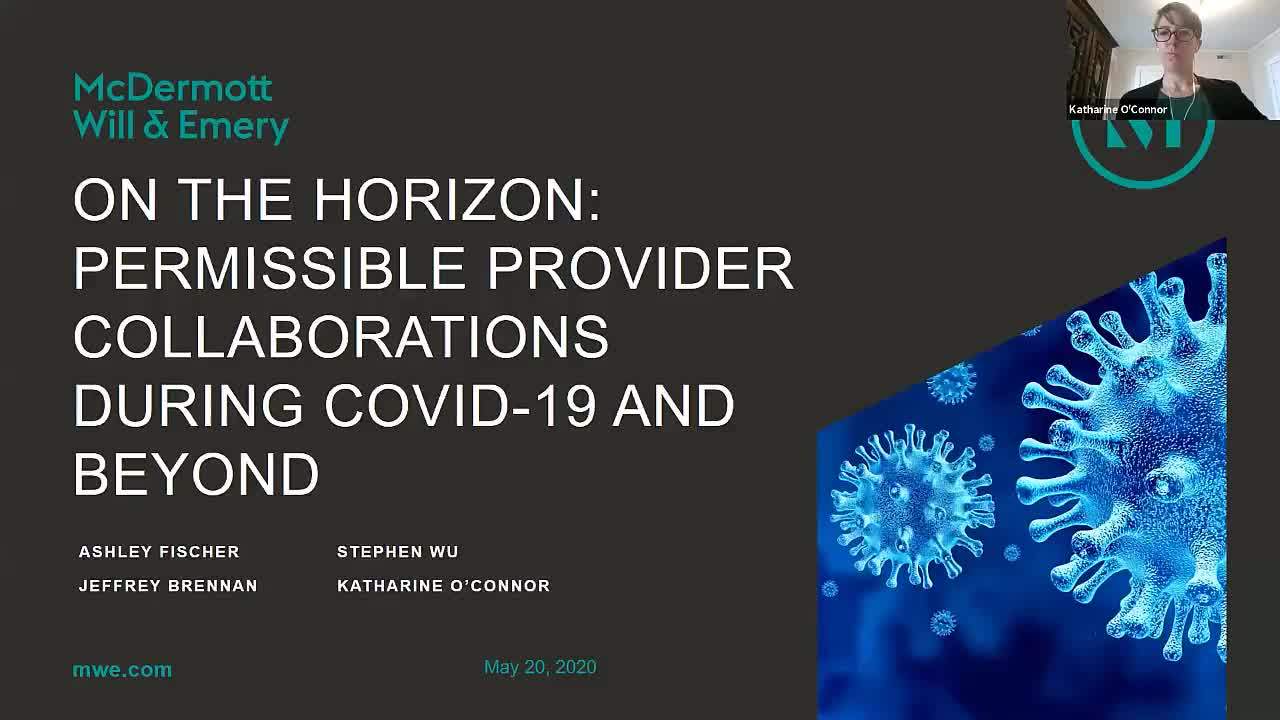In the United States, despite requesting additional time to review pending mergers, the US antitrust agencies have continued their work through the COVID-19 pandemic. The Department of Justice (DOJ) and Federal Trade Commission (FTC) reached settlements with a number of merging parties during Q2 2020, and the FTC is proceeding to trial in several merger cases. Both the FTC and the DOJ are conducting investigational hearings and depositions via remote videoconferencing technology such as Zoom. The FTC also announced it prevented 12 deals from closing in 2020 despite the COVID-19 pandemic. Five of the transactions were blocked and another seven were abandoned due to antitrust concerns, putting the FTC on pace for one of its busiest years for merger enforcement in the past 20 years.
In Europe, in light of the COVID-19 outbreak, the European Commission (EC) warned that merger control filings would likely not be processed as swiftly as usual. The EC encouraged parties to postpone merger notifications because the EC envisaged difficulties, within the statutory deadlines imposed by the EU Merger Regulation, to elicit relevant information from third parties, such as customers, competitors and suppliers. In addition, the EC foresaw limitations in accessing information on a remote basis. This period thus saw a drop in merger notifications to the EC; however, notifications increased in June and July.
read more


 Subscribe
Subscribe

